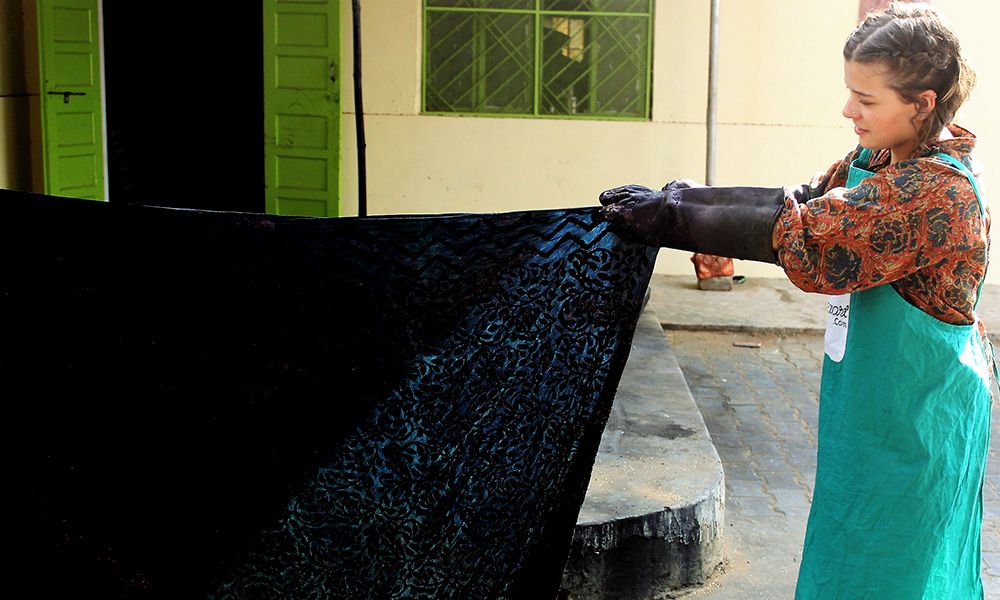Sustainablity at Bagru, begins with caring for our environment and artisans
From sourcing raw materials to finished products, block printing is a collective effort. It takes a village. Here’s how we keep it sustainable.
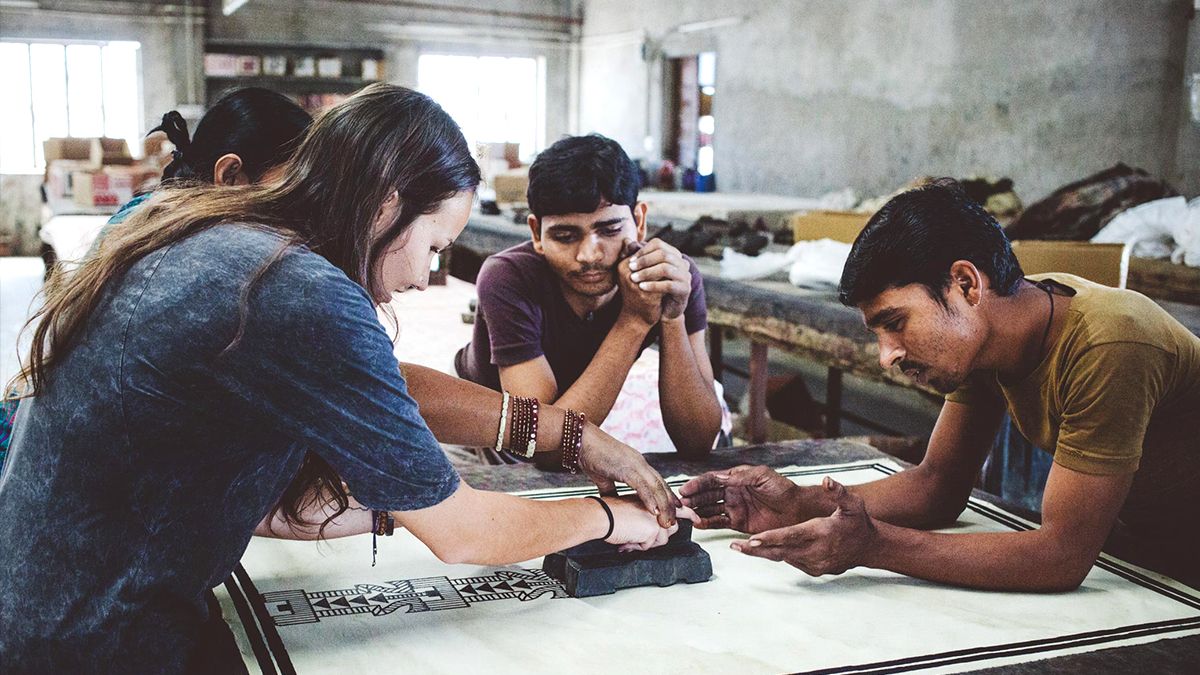


OUR PLANET:
We make biodegradable, eco-friendly, and mindful choices every step of the way


OUR PEOPLE:
We pride in providing a thriving livelihood and a fulfilling work environment to our employees


OUR ARTISANS:
We ensure they get premiums and we strive to give back through welfare programs


OUR PROCESS:
Our production process is smart and efficient. We use green energy and water harvesting and focus on minimizing as much waste as we can.
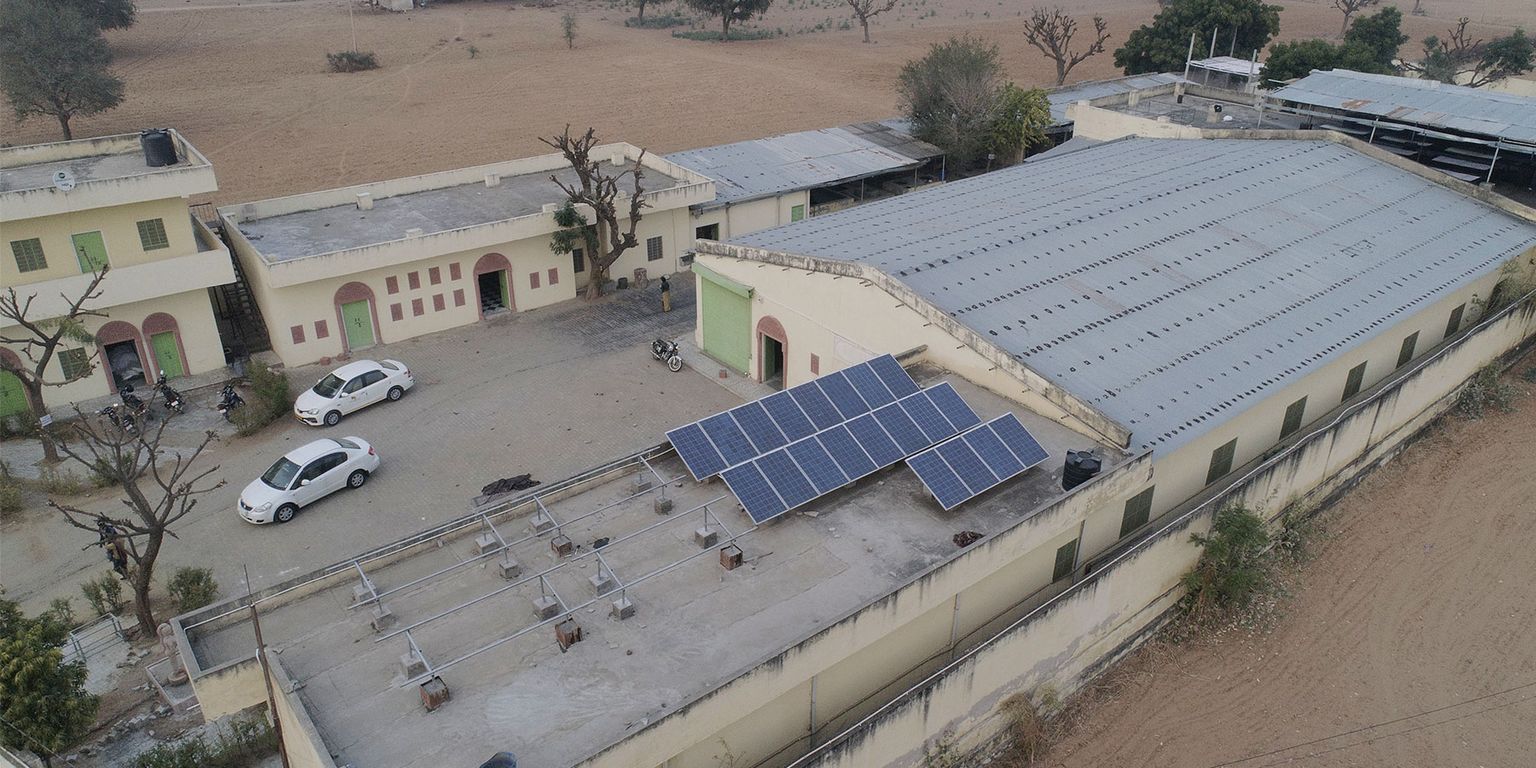
Jai Texart's Bagru Workshop - Jai Bagh
We’re an eco-conscious company
At Bagru, we take our responsibility toward the environment very
seriously. Our manufacturing process is sustainable, has a low negative
impact on ecology, and promotes the conservation of natural resources.
We start work at sunrise and shut operations by sunset.
Big on mindful and balanced living, we do not promote mindless hustle in
any shape or form—no night shifts, no overtime, no thankless toil. We
take the following measures to ensure we return to mother earth as much
as we borrow from her.
Tree Plantations
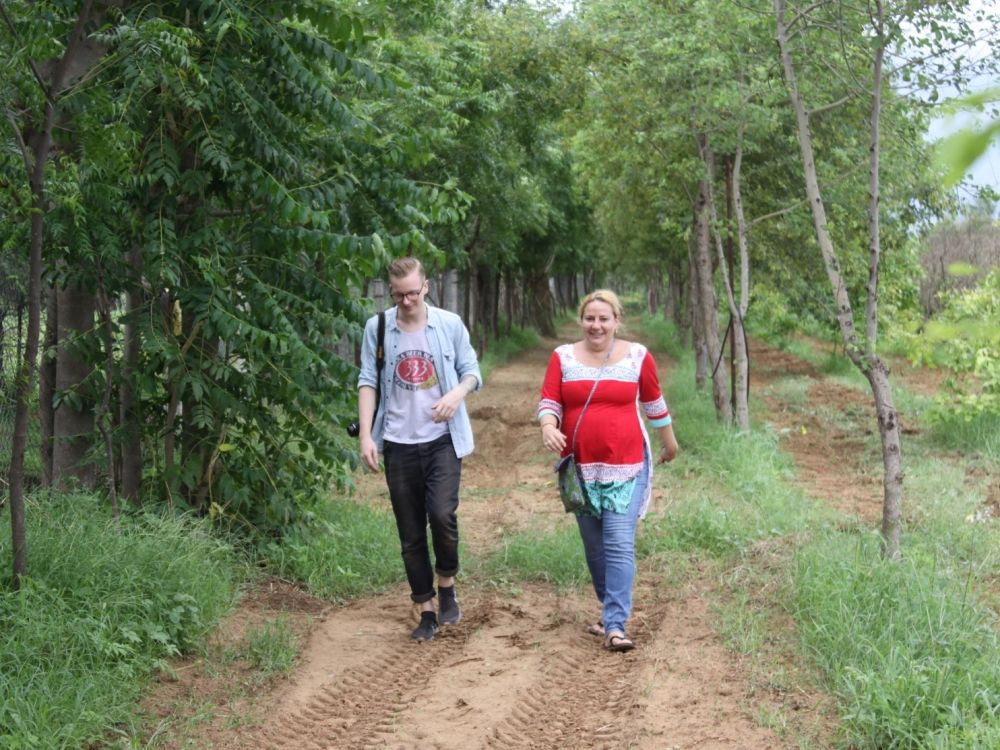
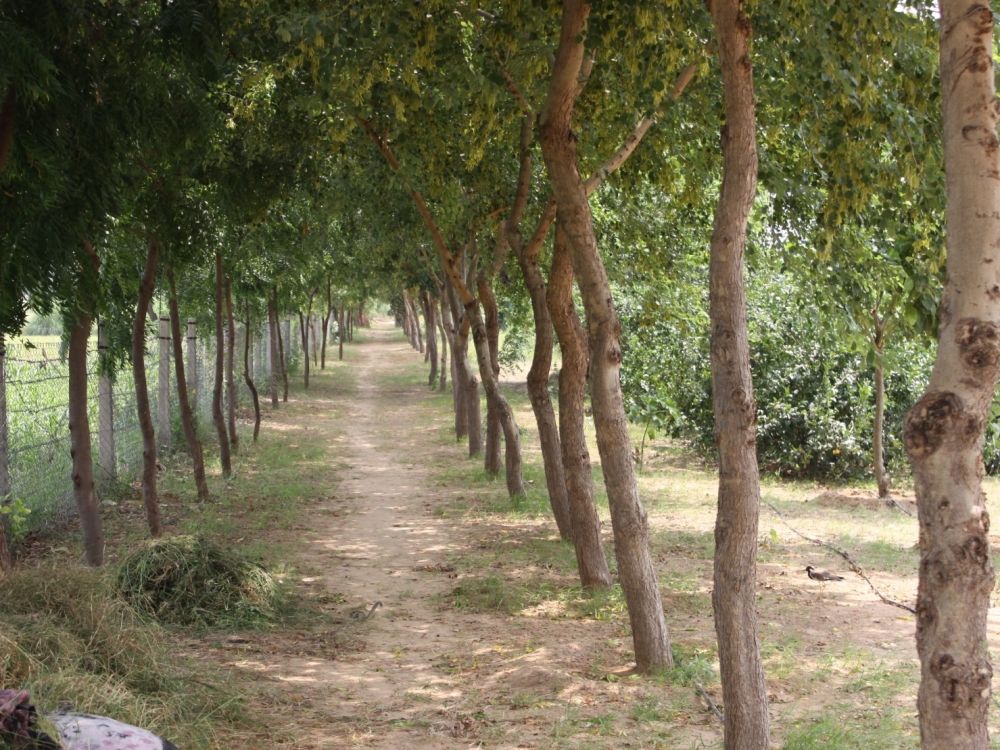
Trees are our lifelines, benevolent benefactors. They give us all
and in abundance—greenery, oxygen, fruits, herbs, clean air,
shelter, rain. They prevent soil erosion and keep the environment
cool.
Over the years, we have planted more than 2,000 trees across Bagru
village. Of these, about 1000 have survived. We continue to
nurture them with a lot of love and care.
Water Conservation
Hand block printing is a water-intensive industry. Since our water
consumption is large, it was imperative for us to use and conserve
it judiciously. All our units are therefore equipped with a
rainwater harvesting system (RWHS). It supplies about 100 lakh
liters of fresh rainwater every year to earth.
All the units also have effluent treatment plants (ETP), which
help us recycle water that we use for various supporting
activities.
Green, clean energy
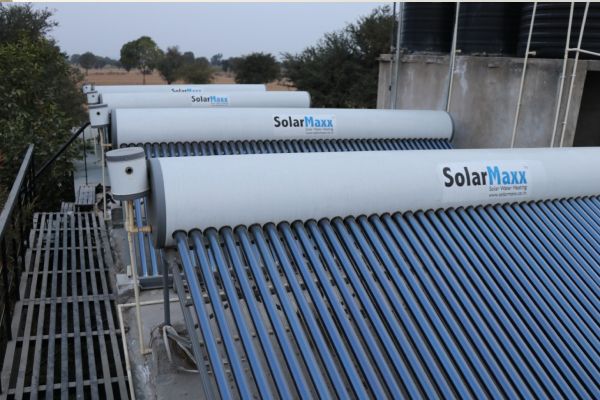
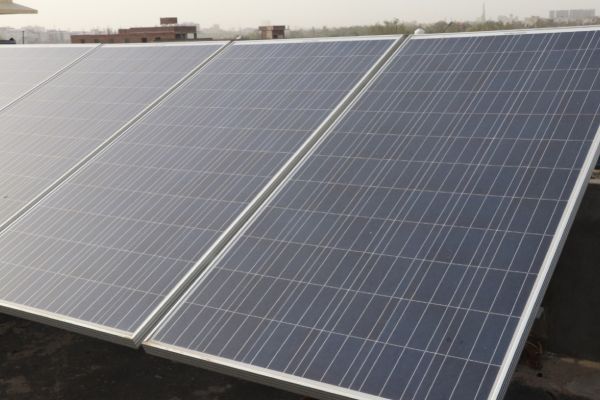
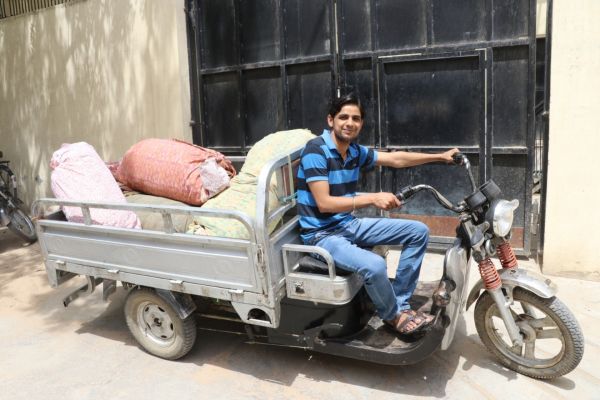
To reduce our carbon footprint, we do not use fabrics made from
polyester, nylon, acrylic, or others sourced from fossil fibers.
We only use fabrics made of natural fibers. For our internal and
local transportation, we use e-rickshaws. We do not use disposable
plastic glasses/cups to serve tea to our staff/artisans.
We are also gradually reducing our dependence on electricity
generated from coal or petroleum. We have taken various steps to
switch to renewable sources and generate clean and sustainable
energy:
-
1.
Solar plants: We have installed 30 kVA solar plants (15 kVA in Bagru and
15 kVA in Sanganer unit) which takes care of 80% of our power
load.
-
2.
Solar heaters: We have installed solar heaters in our units for hot water to
cut down the need for wood (we have reduced it by 40%),
petroleum, and other non-renewable energy resources.
Locally-grown raw materials
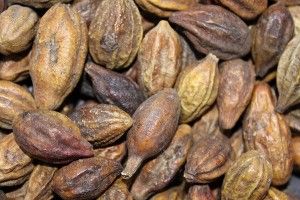
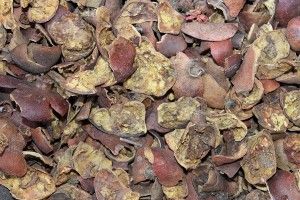
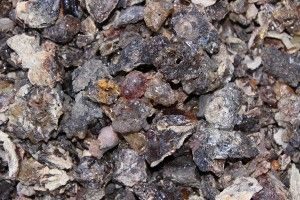
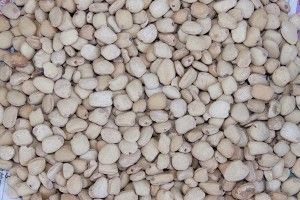
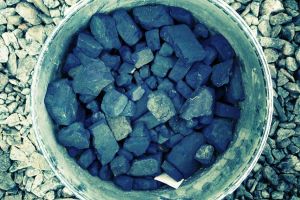

We source raw materials that are grown locally. It helps us reduce
travel miles and the cost of our products drastically. We extract
the natural dyes that we use at the Bagru unit from flowers,
leaves, barks, roots, and gum of locally-grown trees like
pomegranate, indigo, harda, turmeric, dahura, marigold, acacia.
We also use minerals such as limestone and raw salt that are
available within 200 km of our unit. We use natural fiber-based
fabric i.e. cotton that is grown in abundance in Rajasthan and the
neighboring state of Gujarat.
No hazardous chemicals
We strictly prohibit the use of chemicals that are hazardous to air or groundwater such as paints, oil, and ammonia in our production process.
Upcycling
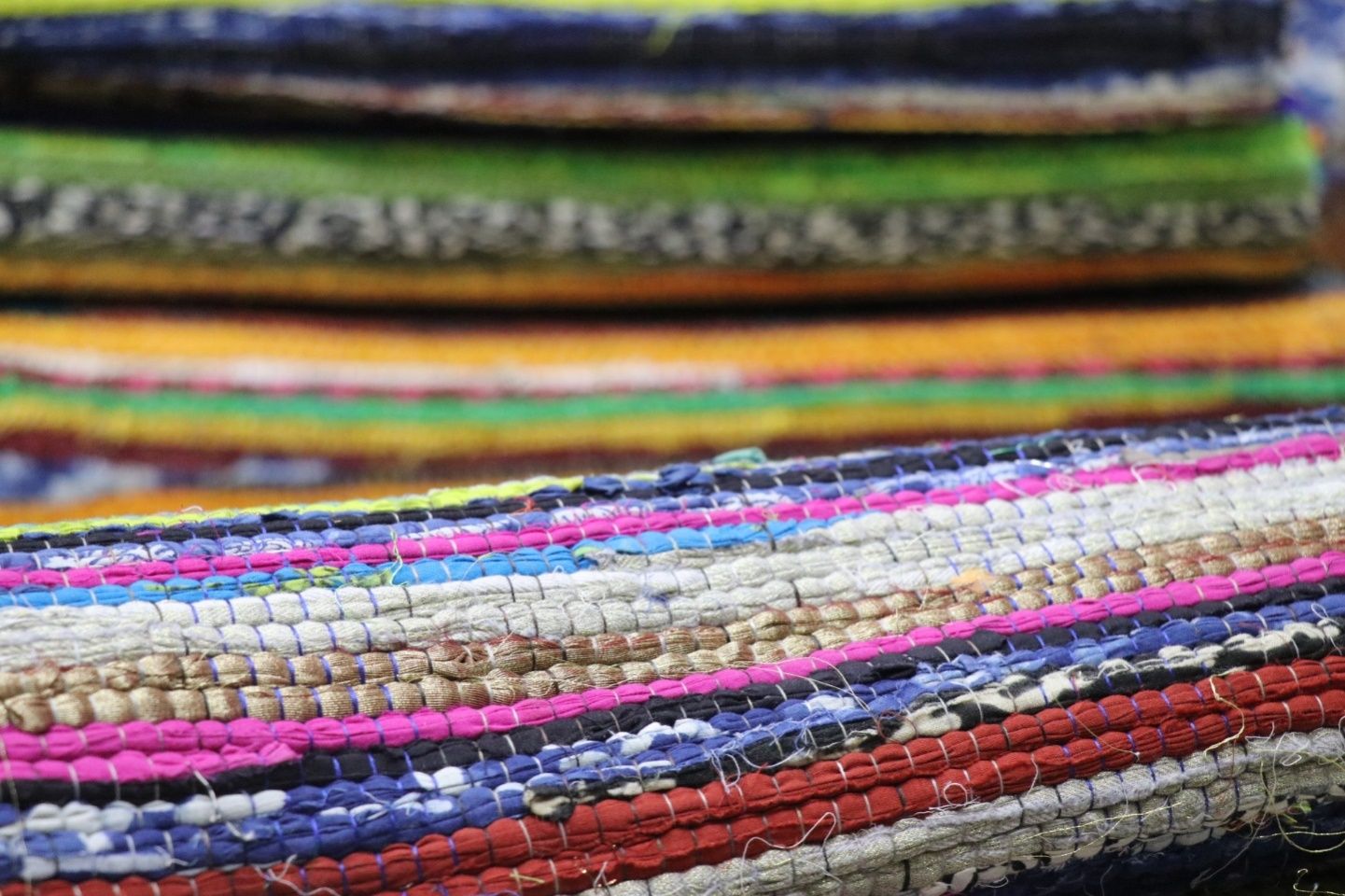
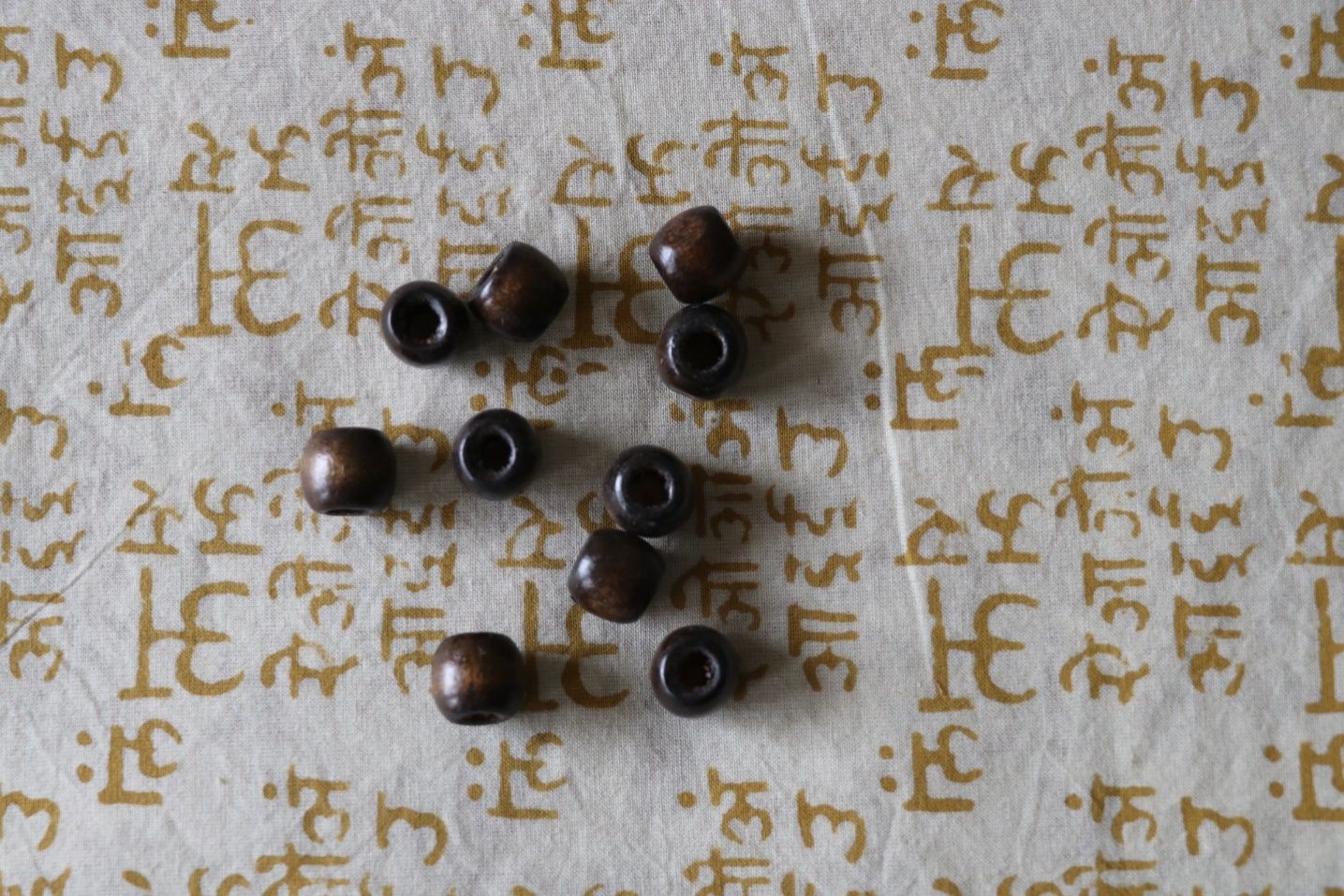
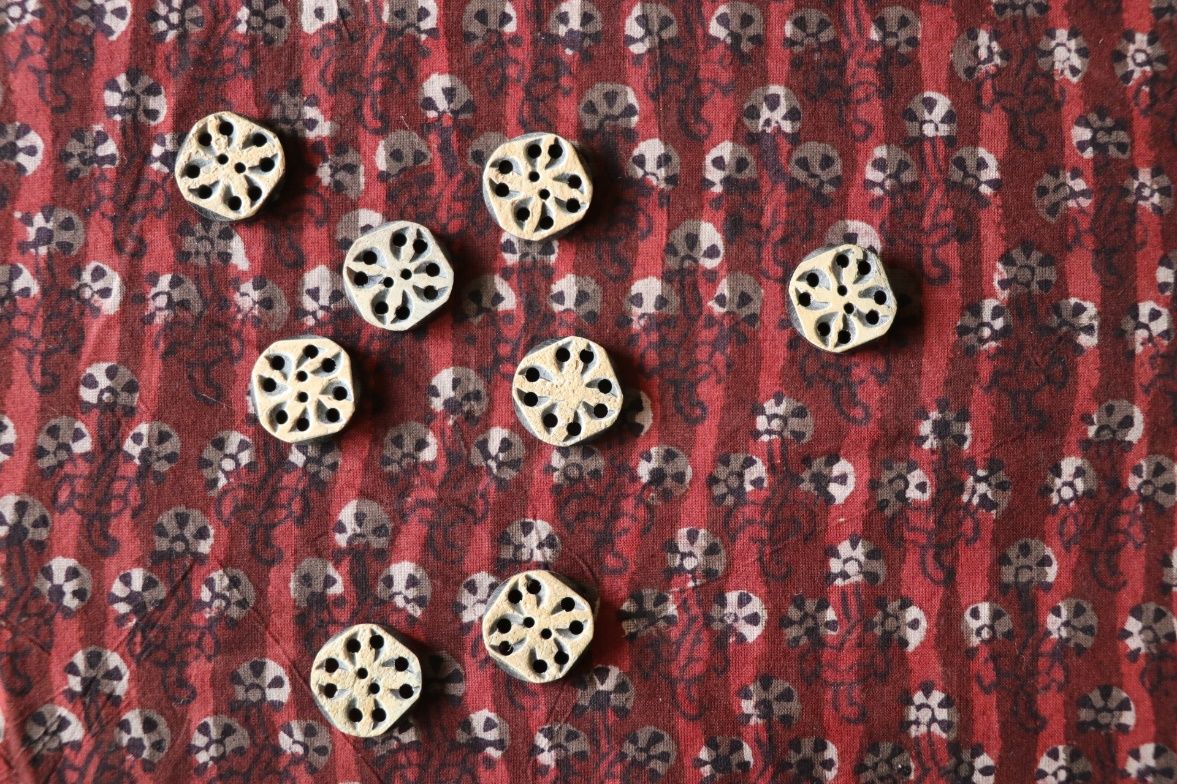
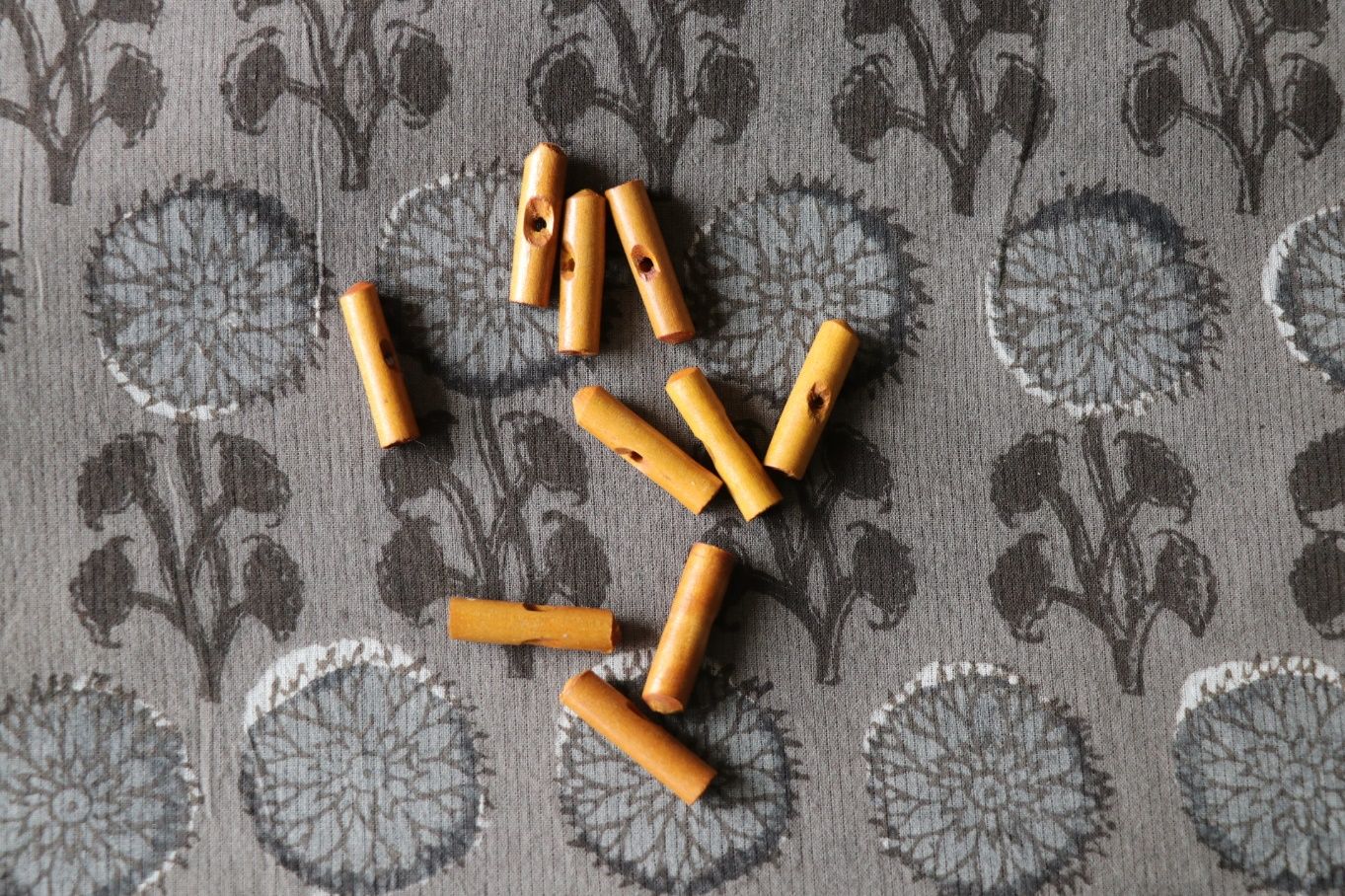
To manage waste efficiently, we upcycle our leftover fabrics and create useful accessories, ropes, and carpets. Most of the accessories that we use in our garments and other products are made from recycled natural materials such as wood, coconuts, horns, metals, shells, and lac.
Awareness Programme
We regularly invite industry experts and thought leaders from other related sectors to showcase to them our efforts in sustainable manufacturing and tell them about its long-term environmental and economic benefits. Under this initiative, so far we have got installed more than 200 kVA solar plants and inspired over 100 manufacturers to reduce the use of disposable, single-use plastic and create rainwater harvesting systems on their premises.


See what's buzzing at our Workshops
